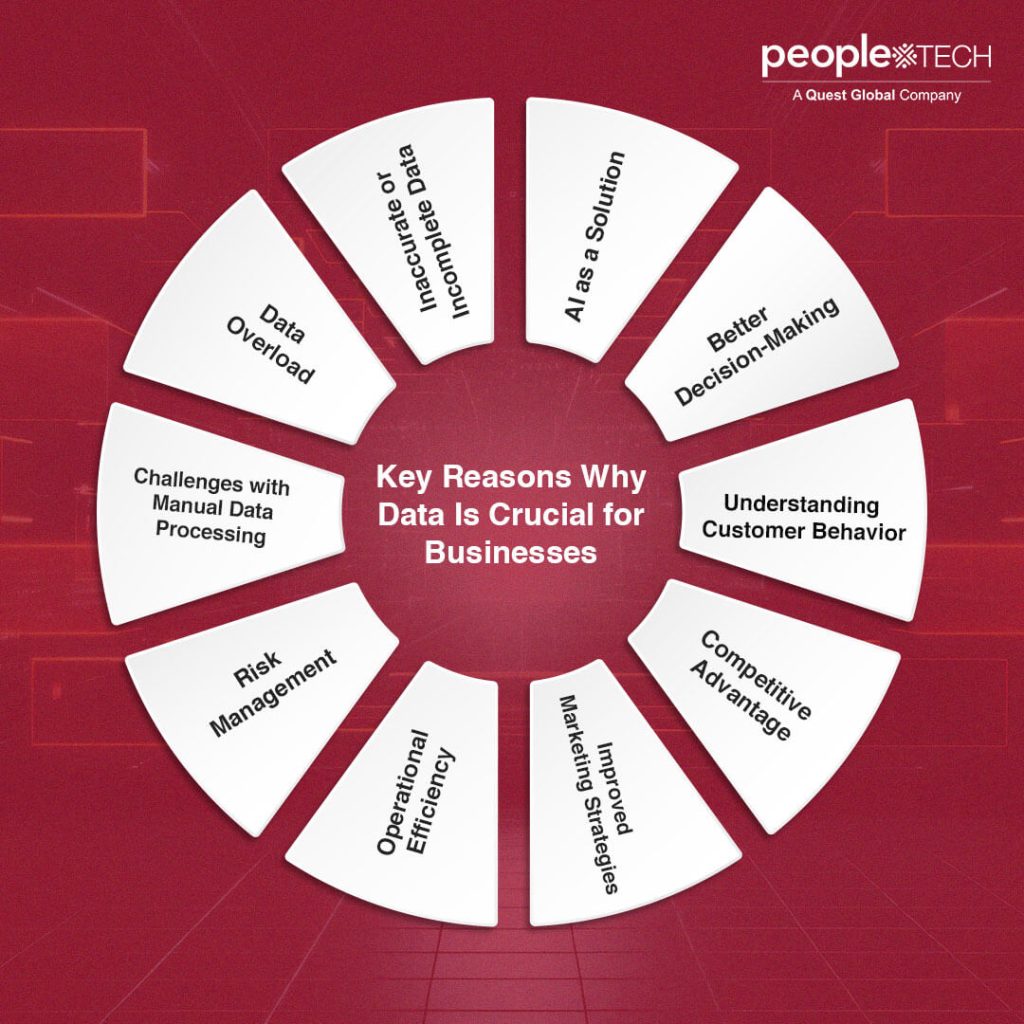
Data is one of the most valuable assets for any business today. It helps companies understand customer behavior, track market trends, and make informed decisions. With accurate data, businesses can improve their products, target the right audience, and increase sales.
However, managing large amounts of data is not easy. Many businesses still rely on manual methods, which are time-consuming, prone to errors, and difficult to scale. Sorting, analyzing, and interpreting huge datasets without automation can slow down decision-making and lead to missed opportunities.

